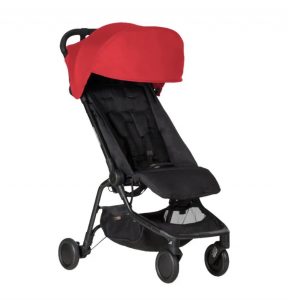I didn’t realise until I completed my studies, that colic is SO common in babies (affecting around 1 in 5). Many of the little ones I have worked with are either suffering or have suffered infant colic. My little one was colicky in the early weeks and I must admit this was the hardest stage of my parenting journey. I felt so useless seeing her so upset every night before bedtime. I was told by others that this is a phase and it needs to be waited out until 12 weeks of age. Knowing what I do now, I wish I hadn’t accepted this advise – that I had understood that colic is an actual condition rather than a diagnosis.
What causes colic?
Many different symptoms can cause colic in a baby which then causes the regular prolonged periods of crying. These include –
- Food intolerance/allergy for example cows milk protein allergy (CMPA) or Lactose-intolerance
- Tongue-tie
- Gut imbalance
- Overtiredness
- Sensory overload – sensitive to light, noise etc.
- Fear, frustration or excitement.
- Trapped wind
When colic is a condition of any of the above, the key to help eliminate the colic is actually knowing the cause.
Often parents might say the witching hour has begun and my little one will cry for an hour or several hours before bedtime. My first suggestion is to avoid the witching hour and get ahead of time, so if the crying usually starts at 6pm, then place your baby to bed for the night 15 minutes earlier then 6pm.
Is Colic Wind?
Colic is often referred to as ‘trapped wind’ and is usually the driver of the crying in many cases. However, what if a baby cried for a prolonged period because he/she is trying, desperately hard to communicate that they are overwhelmed and/or in need of sleep. It has to be possible that during the extended crying period the baby takes in air which they struggle to expel. No colic drops will solve over-tiredness or over-stimulation problems which is why I make it important for parents to know colic isn’t just a single condition.
What is Colic?
Colic is a group of symptoms rather than just the 1 condition itself. It’s a given diagnosis to healthy babies who excessively cry. Instead of saying I have a colicky baby, lets try to stop treating the symptoms and think about the ACTUAL problem. Your baby is crying for a reason and we need to know what the reason is, how can we do this successfully and stop the misery? Try to be aware and observant towards your little one, so you get to understand your baby, perhaps check the family history and try to see beyond the initial symptoms.
So your baby’s colic is different to your friends baby’s colic because it has a different cause. For example you may notice that your baby is sensitive trying to adjust to the new world and finds the environment scary and needs that extra TLC. Your friends baby has an allergic response to milk and he/she cries when digesting this with having extreme tummy ache.
Try to do some digging with finding out ‘the actual problem’, instead of hoping and waiting out that your little ones colic will end by 12 weeks.
More information on colicky babies in my Newborn Sleep Guide, or please Contact Me to discuss Sleep Package options.
Happy Sleeping
Stephanie x







